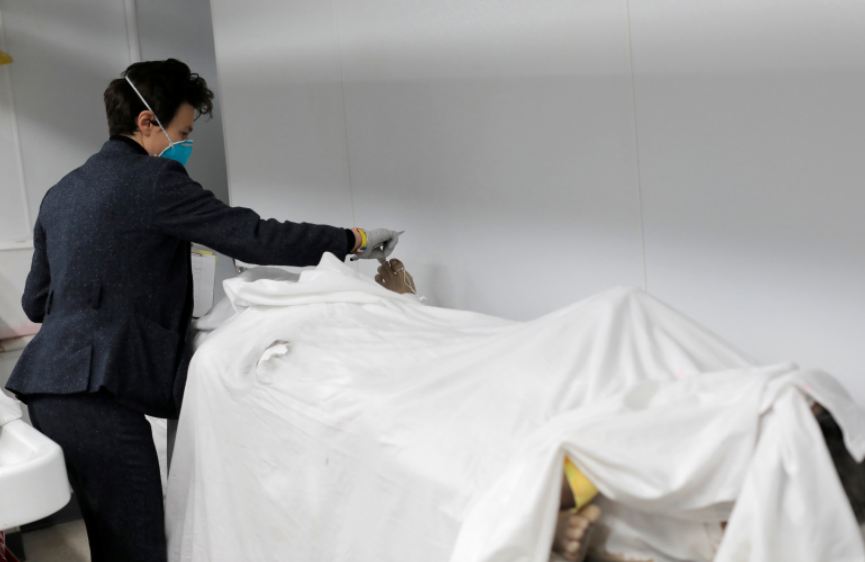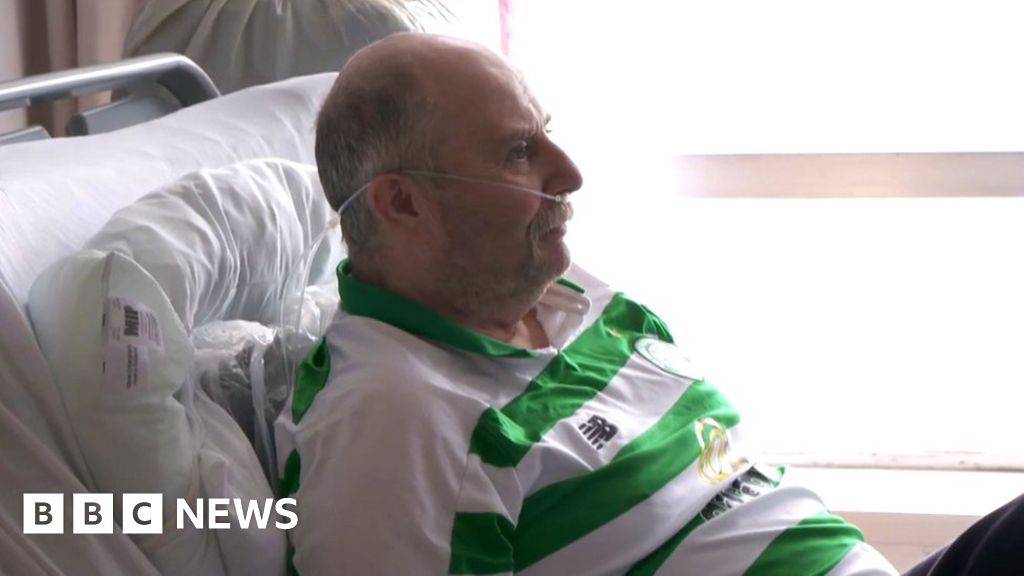https://thehill.com/opinion/healthc...in-stop-the-panic-and-end-the-total-isolation
..."Of all fatal cases in New York state, two-thirds were in patients over 70 years of age; more than 95 percent were over 50 years of age; and about 90 percent of all fatal cases had an underlying illness. Of 6,570 confirmed COVID-19 deaths fully investigated for underlying conditions to date, 6,520, or 99.2 percent, had an underlying illness. If you do not already have an underlying chronic condition, your chances of dying are small, regardless of age. And young adults and children in normal health have almost no risk of any serious illness from COVID-19...."
My own opinion... While we can all accept that at the beginning of this pandemic we were facing a new and untested situation with regard to precautionary measures, its unlikely that any country would repeat them if these numbers bear up. The financial, psychological and developmental (think kids out of school) costs do not not justify such an approach.
..."Of all fatal cases in New York state, two-thirds were in patients over 70 years of age; more than 95 percent were over 50 years of age; and about 90 percent of all fatal cases had an underlying illness. Of 6,570 confirmed COVID-19 deaths fully investigated for underlying conditions to date, 6,520, or 99.2 percent, had an underlying illness. If you do not already have an underlying chronic condition, your chances of dying are small, regardless of age. And young adults and children in normal health have almost no risk of any serious illness from COVID-19...."
My own opinion... While we can all accept that at the beginning of this pandemic we were facing a new and untested situation with regard to precautionary measures, its unlikely that any country would repeat them if these numbers bear up. The financial, psychological and developmental (think kids out of school) costs do not not justify such an approach.



